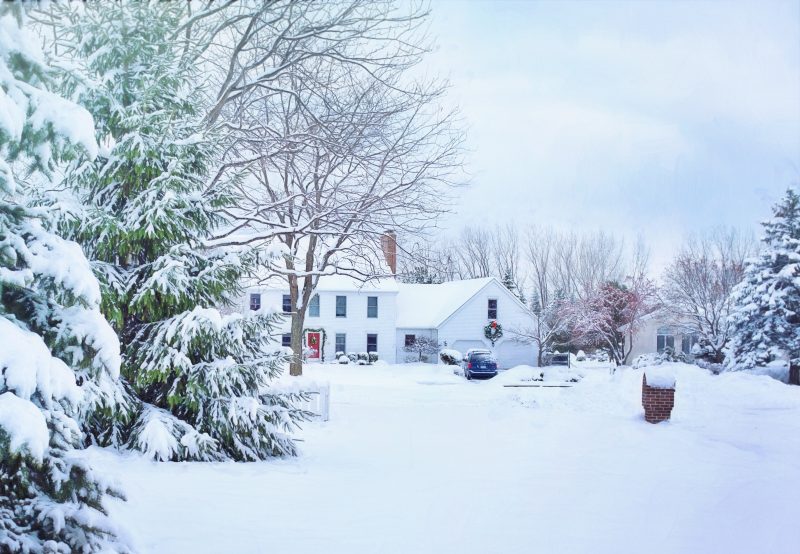Living in a state like Illinois, we are all-too-aware of rapidly changing weather, but are you prepared for bad weather? These five tips can help you plan out your strategy for weathering the storm. 
1. Weatherize your home or apartment. Equipping your home with the latest weatherization improvements can help avoid significant fallout due to inclement weather. Though broad in scope, weatherization includes tasks such as:
- Cleaning, tuning or repairing heating and cooling systems.
- Installing duct and pipe insulation.
- Assessing fire hazards and installing appropriate alarm systems.
- Sealing drafts around windows and doors through the use of weather strips, and installing efficient lighting and appliances.
Illinois consumers have access to additional weatherization resources through their electric and natural gas companies (i.e. ComEd, Ameren, Nicor, Peoples Gas). For more information, visit your local utility company’s website, and CUB’s Clean Energy page.
2. Be prepared to report any outages to your utility company. Bad weather can spark power outages. By reporting these failures, utility companies can get to work as quickly as possible to restore your power. The following is a list of resources from the major utility companies operating in Illinois.
- ComEd: Visit https://www.comed.com/Outages/
ReportAnOutage/Pages/default. aspx for information on the variety of ways to report outages. - Ameren: Visit https://www.ameren.com/
illinois/outage-center for information about reporting outages and preparing for bad weather. - MidAmerican: Report outages using https://www.midamericanenergy.
com/ecss/Outage - The major gas utilities, Ameren, Nicor and Peoples Gas, also have tips on heating safety, including what to do when you smell gas and how to identify carbon monoxide poisoning.
3. Sign up for your utility’s outage alert system. Ameren and ComEd offer a messaging service that sends you texts about outage information in your area, such as estimated restoration times. This will keep you up to date in an emergency situation.
- Sign up for ComEd’s messaging program.
- Sign up for Ameren’s messaging program.
4. Know the numbers for your local and state emergency management agencies. When bad weather strikes, remember that you are not alone. The State of Illinois has a number of emergency resources available to people in need.
- A severe-weather preparedness guide.
- An updated list of county-level Emergency Management Agencies (EMAs).
5. Maintain an emergency kit with the essentials. This includes practical items such as bottled water, snacks, a battery-powered radio, flashlights, and a first aid kit. Though we never hope to have need for such supplies, it never hurts to be fully prepared! Experts say that you should be prepared with enough supplies to last three days. Some examples of sufficient supplies include:
- One gallon of water per person per day.
- At least a three-day supply of non-perishable food.

